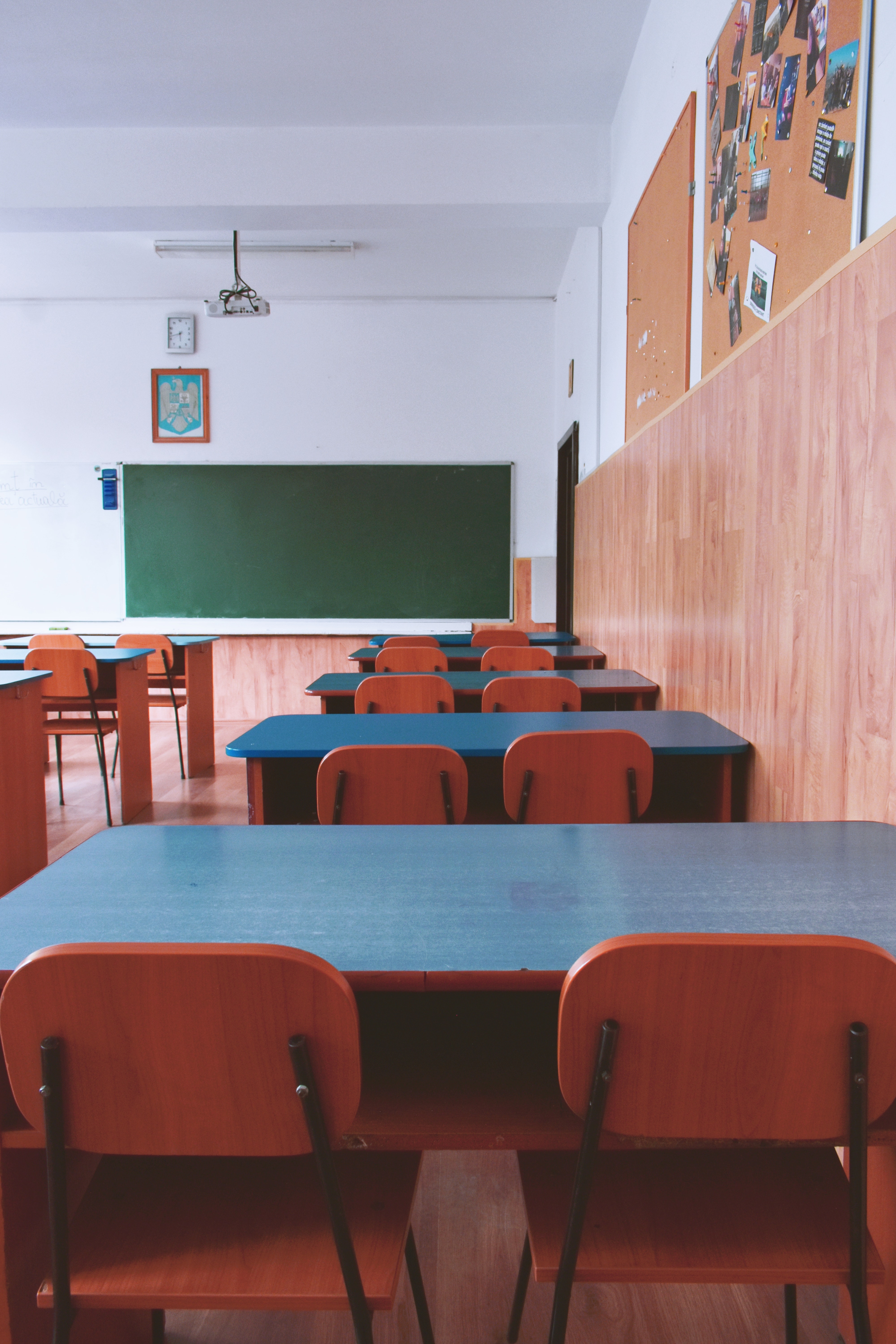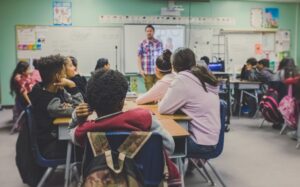Summertime is Perfect Social-Emotional Wellbeing Time
By, Jessie Tobin & Kristen C. Wilcox
Across the country, students are being released for the summer in just days. For educators, that final ring of the bell may elicit a range of emotions. From NYKids’ current research on educators’ responses to the pandemic, we are hearing educators’ feelings of relief, exhilaration, exhaustion, and even trepidation. Following a school year spent readjusting and picking up the pieces after remote and hybrid instruction, educators may be pondering the question: what will this summer break mean for me and my students in terms of our social-emotional wellbeing and mental health?
There are a variety of resources which can help answer this question. In order to best support the needs of educators in the wake of another tumultuous year, we have summarized some key strategies to assist educators in making positive and meaningful use of their summer hours. In response to what many educators are feeling in relation to their jobs and overall wellbeing, we also share creative summer professional development ideas from our study investigating promising practices in schools through the COVID-19 pandemic.
 Summer Reset: Professional Development for Trauma-Informed Classrooms
Summer Reset: Professional Development for Trauma-Informed Classrooms
As many educators are voicing concern over their students’ social-emotional needs and their mental health struggles, professional development specialists are advocating for summer workshops that help staff become trauma-informed educators.
Applying trauma-informed practices in a post-pandemic world is critical since youth are facing adverse experiences that have been heightened by a slew of crises. Trauma-informed professional development over the summer might take the shape of working with teachers to create inclusive and safe classrooms, encouraging educators to continue to find creative ways to be supportive with their feedback for students, and establishing meaningful relationships with students to build mutual trust.
Educator Social-Emotional Wellbeing and Mental Health
While it is important to make use of the summer to prepare educators for challenges they may face with their students this fall, educators might also consider using summer to prioritize their own social-emotional wellbeing and mental health. Some helpful tips offered in Edutopia include:
- Do not be afraid to read books for the sole purpose of fun and enjoyment, and not for professional learning.
- Take time to reflect on how you want to spend your summer break rather than reflecting on your performance over the previous academic year.
- Think about taking a pause on professional learning opportunities such as going to conferences.

NYKids’ study schools (identified for generally better educator responses to the pandemic in terms of stress and job satisfaction) offer some guidance on how to use summer as well—these include:
- Thinking creatively about how to draw parents and kids together for non-academic, summer camp-like experiences. These may include a book study or craft “camp” that are of high interest to teachers and other school personnel who are interested in sharing their interests.
- Sneaking in some phonics or math instruction (or other academic gap area) into these experiences.
- Creating opportunities for educators to work together in teams on important initiatives that need planning over the summer and making these experiences full of opportunities for small group discussion in pleasant surroundings off the school campus.
As always, we thank you for your interest in NYKids. For more tools to support educators, please check out our resources page as well as our COMPASS institute for continuous improvement offerings over the summer on our page.
We encourage you to reach out to us with any questions via nykids@albany.edu, and follow our work on Twitter, Facebook, and Instagram.
